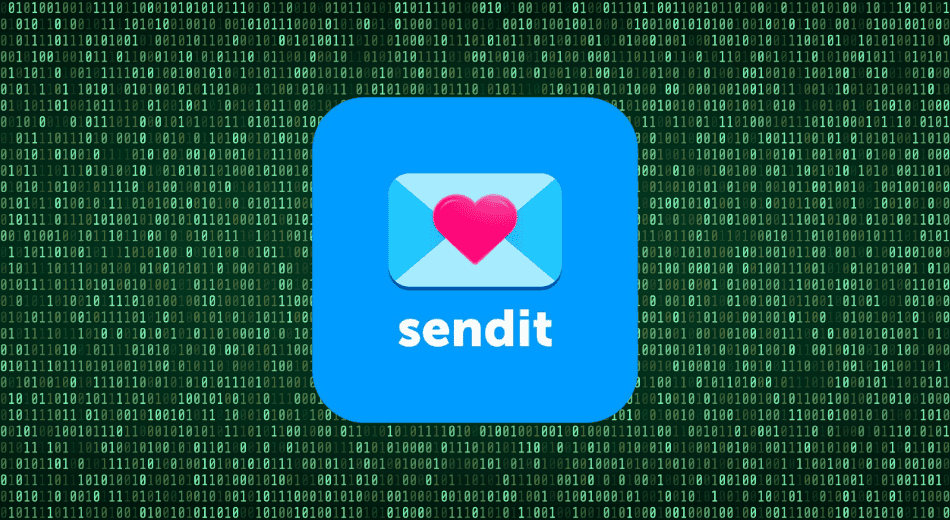
The Federal Trade Commission has filed a lawsuit against the operator of the popular anonymous messaging app Sendit and its CEO, accusing them of illegally harvesting personal data from children.
The agency also alleges that Sendit lured users into recurring subscriptions with false promises about revealing message senders.
The complaint, brought by the Department of Justice following an FTC investigation, targets Iconic Hearts Holdings, Inc., a Los Angeles-based tech company, and its founder and CEO, Hunter Rice. The lawsuit alleges multiple violations of the Children's Online Privacy Protection Act (COPPA), the FTC Act, and the Restore Online Shoppers' Confidence Act (ROSCA), focusing on unlawful data practices and deceptive monetization schemes.
The FTC referred the case to the DOJ after concluding that Sendit's operators knowingly collected personal information from users under 13 without parental consent, directly violating COPPA. The agency further claims that Iconic Hearts misled users into buying subscriptions by simulating anonymous messages, many of which were fake and provocative in nature.
Sendit is one of several apps operated by Iconic Hearts Holdings, Inc., a small but widely used social app developer based in Los Angeles. Its primary user base consists of teenagers who use the app in tandem with other social platforms. Sendit surged in popularity as a third-party add-on for Snapchat, offering anonymous Q&A functionality.
According to the complaint, the company falsely claimed that its $9.99/week “Diamond Membership” would unmask anonymous senders. In practice, the app often showed generic details such as the sender's phone type or geographic region, or nothing at all. If the message was system-generated (i.e., fake), users were given false attribution.
The app allegedly deployed several deceptive tactics to drive subscriptions:
- Iconic Hearts reportedly sent fabricated messages under the guise of real users. These included suggestive prompts such as “Have you done drugs?” or “Would you ever get with me?”
- Users were led to believe that these messages came from their actual social contacts, when in many cases they did not.
- The “Diamond Membership” was presented as a one-time purchase, but users were auto-enrolled into recurring weekly billing of up to $9.99.
Internal data revealed over 116,000 users self-identified as under 13 in 2022 alone. Additionally, the company received direct complaints from parents, but allegedly took no meaningful steps to comply with COPPA.
Despite this, Iconic Hearts allegedly continued to collect sensitive data from children, including birthdates, phone numbers, photographs, and linked usernames for platforms like Snapchat, TikTok, and Instagram, without obtaining verified parental consent.
The FTC alleges that these practices violate not only COPPA, but also the FTC Act's prohibitions against deceptive business practices and ROSCA's rules on subscription billing disclosures. The DOJ filed the complaint in the US District Court for the Central District of California, with the Commission voting unanimously (3-0) to proceed with legal action.
If the court sides with the FTC, Iconic Hearts could face civil penalties, restitution, and court orders to reform its data handling and marketing practices.






Leave a Reply